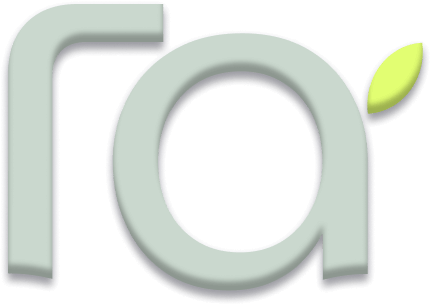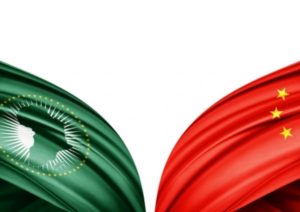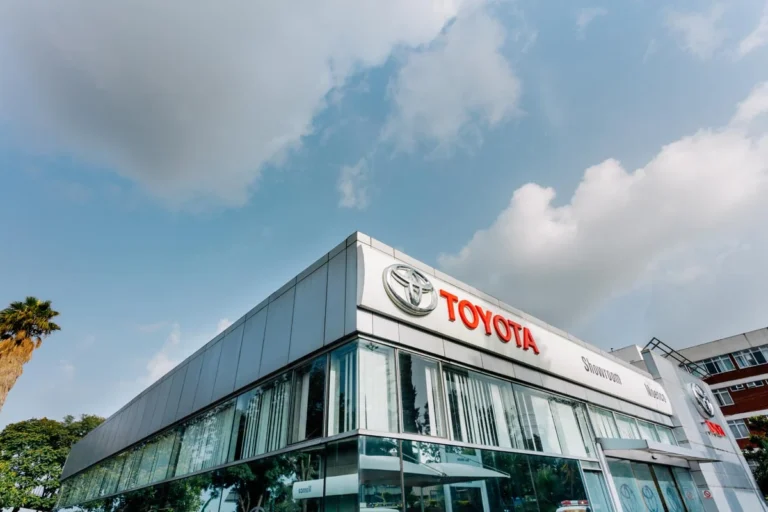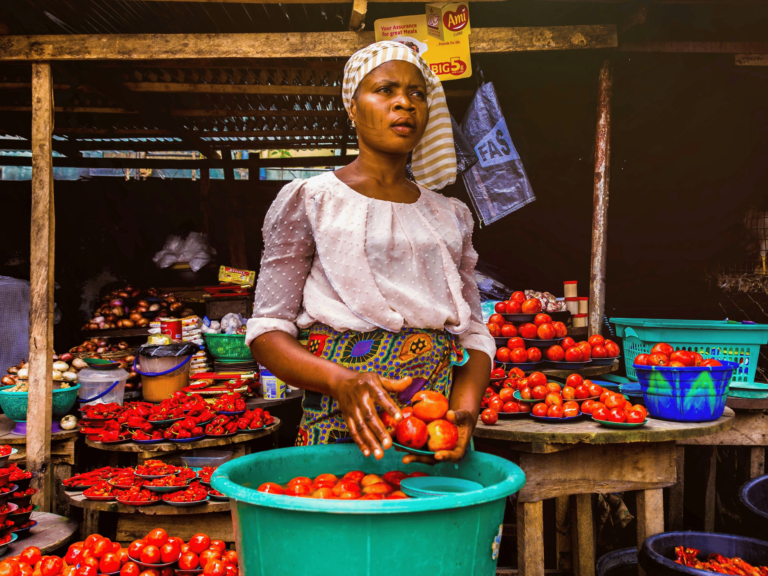How China lends
China is the world’s leading official creditor, with even wealthy nations like the USA owing the state $1.095 trillion (USD); it comes as no surprise that developing countries similarly rely on Chinese credit for modern development projects. Averaging about $159.9 billion (USD) in value of debt contracts, 12% of Africa’s total debt, China has also become Africa’s favoured creditor. What’s unbelievable is that very little is known about what is in these contracts, likely due to the presence of non-disclosure clauses that researchers speculate have been present in nearly 100% of Sino-African debt contracts since 2015.
A 2021 collaborative study by Aid Data, the KIEL Institute for World Economy, the Centre for Global Development and the Peterson Institute for International Economics titled, How China Lends, analysed 100 debt contracts where Chinese entities (state-owned enterprises) were the lenders. Of these 100 contracts studied, 47% of contracts identified the borrowers to be African states.

Researchers collected this sample of electronic contracts over several years by leveraging public sources (i.e., debt information management systems, official registers and gazettes and parliamentary websites). Although this study only analysed a sample of the more than 2000 loan agreements signed by Chinese entities, the authors note that the repository is sufficient enough to demonstrate the use of standardised contracts and support the position that the collected samples are ‘informative of the larger universe of other Chinese Development Bank (CDB) and China Exim Bank Contracts (CEB)’. In parallel, the report conducted a benchmark study of 142 financial contracts that represented a composite of bilateral and non-bilateral creditors, multilateral creditors, and banks that had comparable lending portfolios to those of the creditors in the 100 Chinese contract study. The dataset is available here.
This report gave a unique look into Chinese foreign lending and served as the first systematic analysis of their contract terms. Instrumental in shedding light on (i) the novel lending terms that give China influence over debtors’ economic and foreign policies and (ii) the unprecedented mechanisms by which Chinese lenders mitigate their financial risk through offshore accounts, the report also highlighted one additionally striking observation: the use of confidentiality statements in financial contracts. The report found that 100% of CDB contracts and 43% of CEB contracts have confidentiality clauses. Although confidentiality clauses made a slow introduction to CEB financial contracts in 2008, by 2015, and continuing at the same rate until today, 100% of new contracts had secrecy clauses that imposed obligations on the borrower. Whereas in the benchmark study, only one-third of comparable contracts had non-disclosure provisions, and of those provisions, confidentiality obligations were primarily placed on the lenders as opposed to borrowers. Furthermore, non-disclosure clauses in the benchmark study had a much narrower scope than those in the Chinese set.

This reality could be less concerning if the CDB and CEB weren’t the primary lenders to African states, but from what we know, they seem to be. According to the dataset available from Boston University’s Global Development Policy Centre’s ‘Chinese Loans to Africa Database’, of the 953 loans they have been tracking, 806 of them (approximately 84% of them) are loans from either CDB or CEB. Again, it is technically possible, but highly unlikely according to the evidence, that this is not representative of all loans between Chinese entities and African states, however, researchers don’t have access to additional data to prove otherwise.
The cost of confidentiality
Government accountability
Transparency is a cornerstone for government accountability — a necessity for democracy and enriching democratic institutions. Thus, when the public is uninformed about the financial dealings of their government, they have no method to protest or appeal possibly illegal business dealings before a court. Additionally, one must be particularly cautious of such contracts in countries where freedom of speech and democracy are low. Angola, for example, maintains a ‘not free’ rating by the Freedom House Index due to, among other things, its lack of a democratic elections process and political pluralism and participation — rendering the people of Angola unable to elect political representatives that advocate for their interests and unable to contest the business dealings of their government representatives safely. The government of Angola has still, however, borrowed over $42 billion (USD) from China for a multitude of social and economic development projects of which almost all were loaned out by CDB and CEB. Thus the question remains, ‘if the Angolan government were to default on these loan repayments, what vulnerabilities have they opened the Angolan people up to, and how could this affect the fiscal, political and social health of the Angolan people to come?’
African nationals remain unaware of the cost to default on huge loans
In 2021 some of these questions came to the international spotlight when concerns regarding a previously secret $200 million (USD) loan contract between CEB and the government of Uganda made headlines. The loan funded the expansion project of the Entebbe International Airport, and there were fears that Uganda might default on some of its loan payments. Due to confidentiality clauses, journalists were left to speculate about the collateral for these defaults could be. Soon enough, rumours permeated that Uganda could be at risk of losing the airport itself — giving China ownership of the country’s sole international airport. Although CEB tried to ‘prevent the contract from spilling into the public eye’ Aid Data eventually fully published the contract in 2022. Although it was eventually confirmed that ‘Entebbe Airport itself is not a source of collateral that the lender can seize in the event of default’ the contract did show that ‘CEB required its borrower to provide a fully liquid source of collateral that the lender can unilaterally seize in the event the borrower defaults on its repayment obligations’. Even though Uganda still maintains ownership of its airport, it is alarming to note that in the case the airport was put down as collateral, the Ugandan people would have been none the wiser.
Governments and corporations don’t always prioritize the public’s best interest
It is no secret that corporations and governments have taken advantage of financial investment opportunities to line their personal pockets or even approve high-risk financial investments at the cost of taxpayers. The recently settled South African lawsuits against McKinsey & Company, which resulted in a $600 million (USD) settlement, and Bain & Company, which led to the institution’s 10-year ban from bidding on public sector projects, demonstrate why government contracts ought to be visible to the public and why legal accountability mechanisms are crucial. These cases exemplify how even generally reputable institutions, such as McKinsey and Bain, and democratic governments, like South Africa, are still at risk of falling into corrupt practices.
Threatens sustainable development
Sustainable development is the idea that development efforts ought to meet the needs of the present without compromising the ability of future generations to meet their own needs. The 2030 Sustainable Development Goals (SDGs) ‘provide a shared blueprint for peace and prosperity for people and the planet’ and were developed as milestones in pursuing sustainable development. Adopted by all United Nations (UN) member states, the 17 goals call for a collaborative global effort to realise these goals. However, the current practice of secrecy clauses risks the realisation of all the SDGs. Considering confidentiality clauses leave citizens unaware of the terms of these contracts, they let governments get away with accepting risky loan terms that could impoverish nations and their people, could harm the environment and wildlife, could heavily leverage fossil fuels or finite minerals, and that ultimately weaken democratic practices.
Secondly, sustainable development is not only a goal of UN member states, but an inalienable right of all people. The right to development affirms that every individual and all peoples have a claim to ‘participate in, contribute to, and enjoy economic, social, cultural and political development’. Therefore development cannot be sustainable if it undermines the right to development and the right to development cannot be realised if development is unsustainable. The use of secrecy clauses in these loan contracts precludes citizens from participating in decisions on how natural and financial resources are employed and how development projects are devised. Thus, the confidentiality of loan contracts in Africa not only poses an economic and political risk but also poses a sustainability and human rights risk.
The legality of confidentiality clauses
On a national level, each country has its laws on how business contracts ought to be written, so the legality of confidentiality clauses must be assessed on a case-by-case basis. Late last year Kenyan lawmakers demanded more details about a 2014 $5B (USD) railway loan from a Chinese bank. Like the Ugandan case, this contract was kept from public view for nearly ten years. In November of 2022, however, Kenya’s transport secretary, Kipchumba Murkomen, released three documents from the contract. The published pages exposed the harsh terms of the contract but failed to disclose all the details of the agreement. John Kiare, a member of the Kenyan parliament, noted that without access to the full contract, it is still unknown what types of collateral have been put up against the loan, and there are fears that ownership of public infrastructure (like the airport) could be lost in the process. What is incredibly noteworthy in this example is that Kenyan political analysts have outright declared that ‘the non-disclosure agreement as provided for in [this] contract is illegal, going by the fact that the laws of procurement in Kenya advocate for transparent procurement processes’ (Javas Bigambo). Thus, if binding debt contracts with Chinese entities in Kenya could maintain illegal secrecy clauses, it is highly plausible that the same could be happening in many, if not most, African states.
Disappointingly, there is no recognised or legally binding international standard for debt contracts outright, let alone confidentiality clauses– leaving little opportunity for accountability on the global stage. There are, however, several non-binding global principles and guidelines from the International Monetary Fund (IMF), the Organisation for Economic Co-operation and Development (OECD), the United Nations Conference on Trade and Development (UNCTAD), and the Institute of International Finance (IIF) (endorsed by the G20) that address transparency and accountability. Additionally, there is no legally binding treaty on the UN level that addresses the right to development, however, a UN Draft Convention on the Right to Development has been published but is yet to be enforced.
The African region, however, provides examples of legal inspiration that could serve as a model for the rest of the globe. The African Charter on Human and Peoples’ Rights was the first international treaty to include the right to development. Because of its legal enforceability, there have been landmark decisions by the African Commission on Human and Peoples’ Rights where seemingly beneficial development initiatives were found to violate citizens’ right to development, such as the SERAC case in Nigeria and the Endorois case in Kenya. Although these cases don’t directly address legal requirements for debt contract transparency, they do demonstrate the judicial enforceability of the right to sustainable development, which ultimately requires governments and corporations to ensure the public can participate in devising development projects and guarantee that development initiatives do not compromise the realisation of other social and economic rights of citizens. Furthermore, the African Union has also addressed the issue of responsible debt management via the upcoming African Union Model Law on Public Debt Management and the African Charter on Democracy, Elections and Governance.
Looking to the future
Promoting public participation in development initiatives
The foundational pillars of democracy and the international right to development underscore the weight of public participation. Citizens have a right to petition their development interests before their governments and be heard. To ensure sustainable and equitable development in Africa, decision-making for contracts ought to require rigorous public participation and accessible mechanisms for public accountability before being authorised. This responsibility lies on the shoulders of state governments and relevant international corporations.
Pushing African states towards debt contract transparency
As African citizens continue to demand increased loan transparency, countries like Burkina Faso stand as models on the continent as the nation meets the ‘full disclosure’ rating for every category in the World Bank’s Debt Reporting Heat Map. African governments are urged to follow the lead of Burkina Faso and make loan contracts publicly accessible- in line with international guidelines on debt management. Not only can such practices ensure that citizens keep their governments accountable in avoiding financially risky investments, but they also strengthen democratic pillars of public participation.
Global collaboration
One of the most pertinent elements of the right to development is ‘its ability to disrupt existing political and economic global dynamics, as it requires states to cooperate to realise this right’. Similarly, SDG number 17 underscores the importance of partnerships to achieve sustainable development. Thus, countries and corporations must work collectively to ensure that all debt contracts do not threaten the rights of the people affected nor compromise the global journey toward a sustainable future. Secondly, stakeholders must ensure that avenues for government and corporate accountability and remediation exist so that citizens may participate in ensuring the protection of their rights.
Pushing African governments and corporations to prioritise ESG work
The demand for environmentally and socially responsible governments and corporations has been on the rise and is not expected to slow down anytime soon. Thus, African states would benefit from transitioning their financial practices to those that prioritise transparency, sustainable development, and human rights sooner rather than later.
Litigating for the right to development
More than the rest of the world, African citizens have international law on their side regarding the right to development. The African Commission has a precedence of adjudicating in favour of people’s right to sustainable development, thus, African NGOs and litigators can build off that momentum to hold their leaders legally accountable for any unlawful practices.





